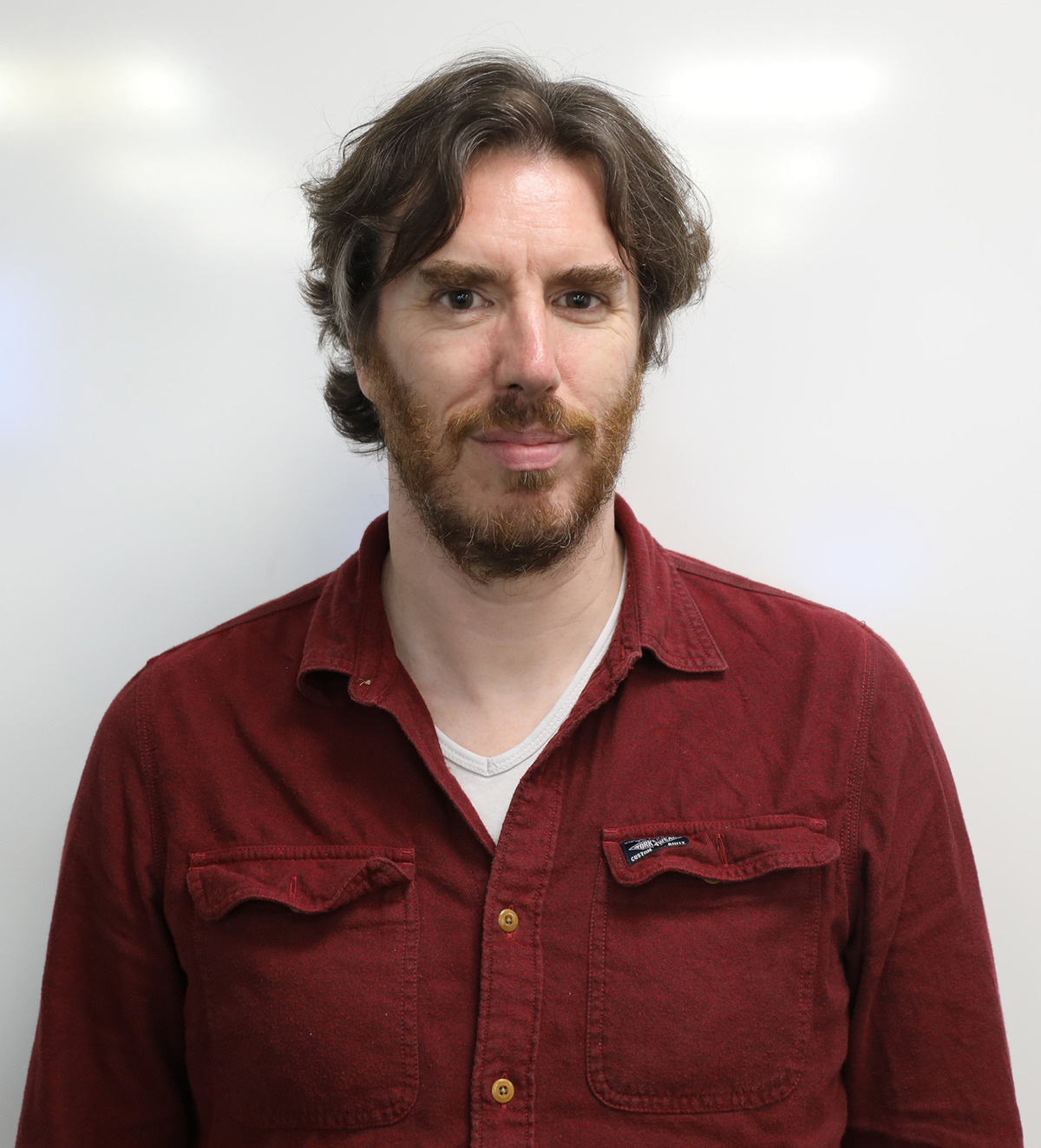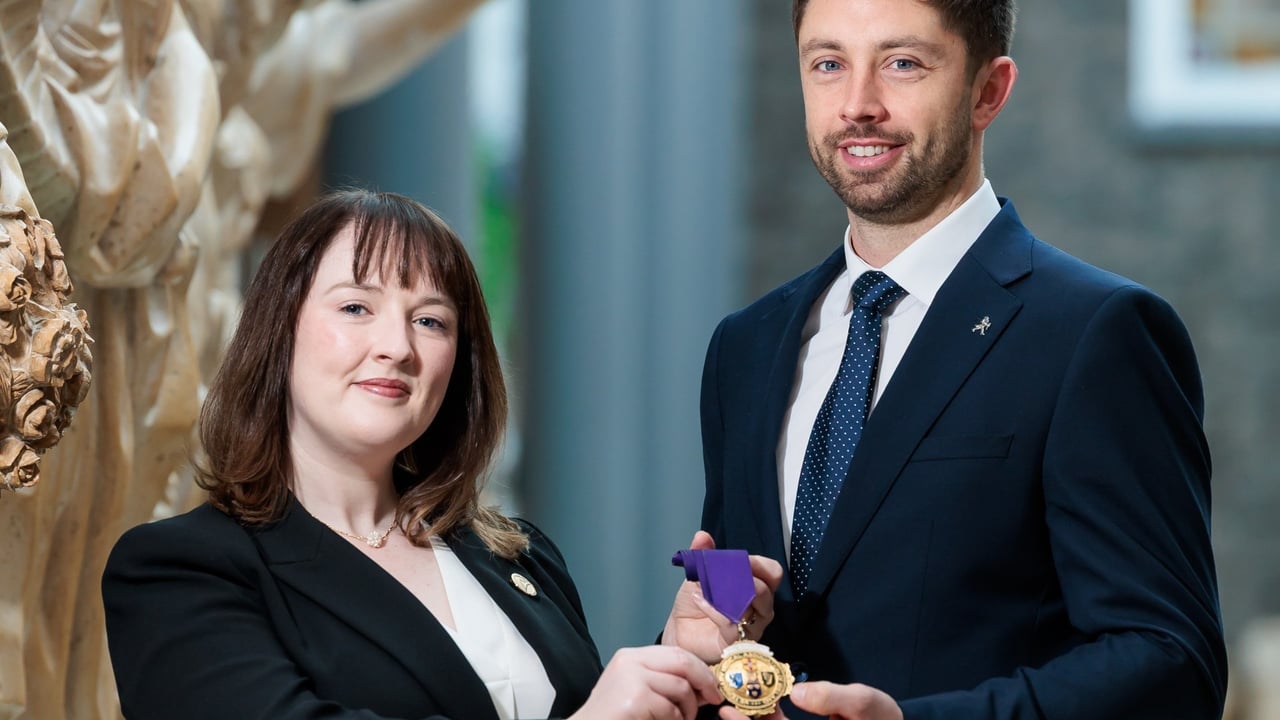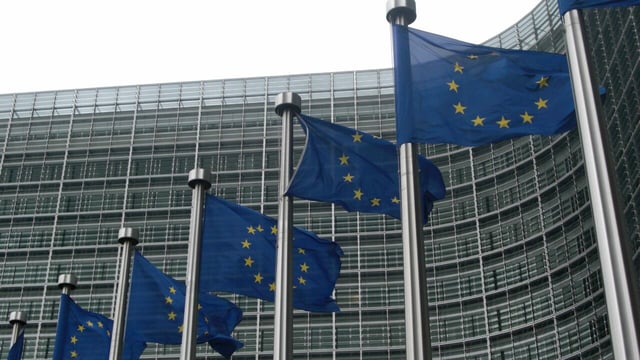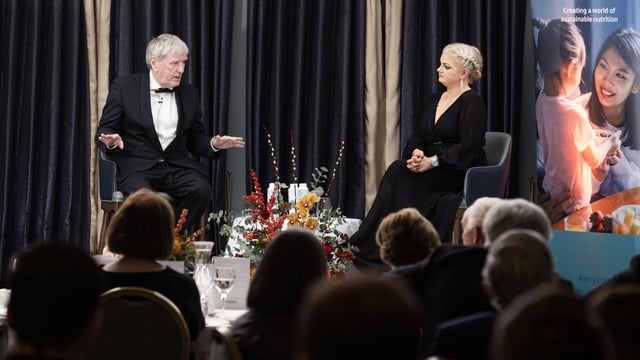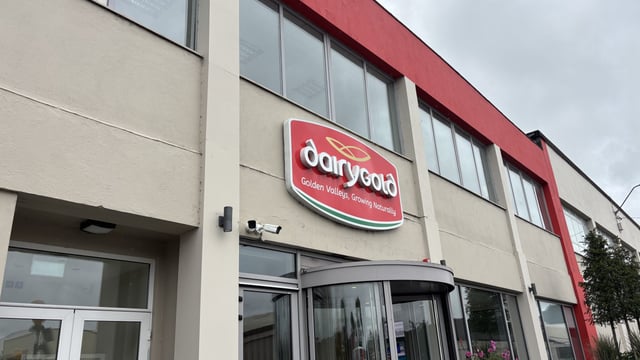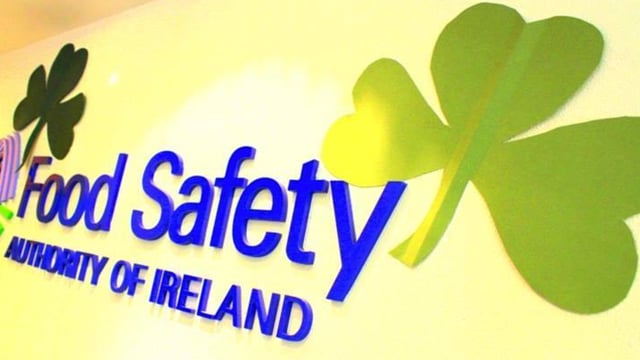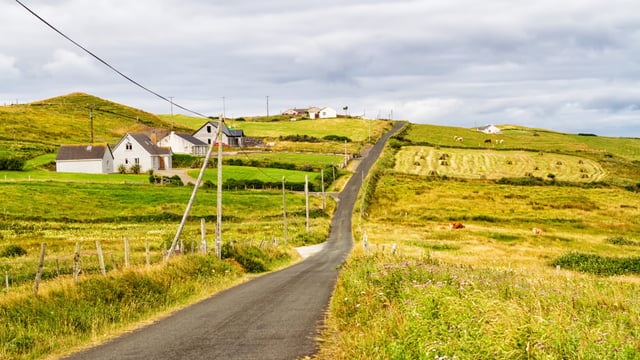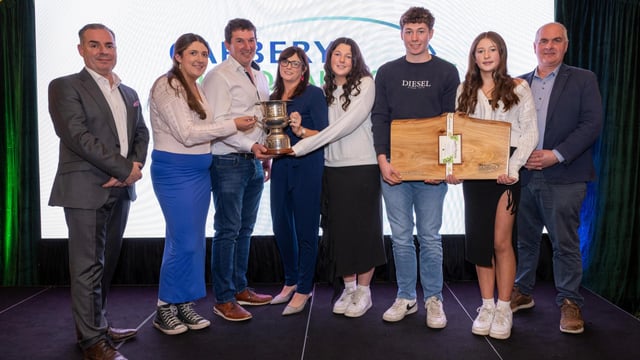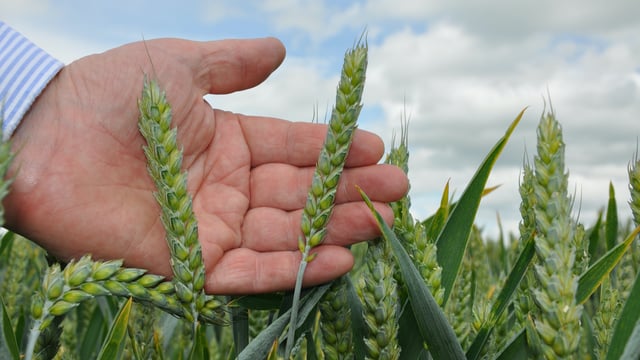Veterinary Ireland marks 25 years since foundation
Veterinary Ireland today (Friday, November 21, 2025) marked 25 years since its founation at its annual conference and AGM.
Taking place at Lyrath Estate, Co. Kilkenny, the conference was opened by Minister for Agriculture Food and the Marine, Martin Heydon.
Veterinary Ireland aims to support Irish veterinarians in advancing the profession’s commitment to animal welfare and public health.
This year's conference focused on both human and animal welfare.
Bovine TB at historically high levels
Speaking at the conference, Damien Barrett, head of the ruminant animal health programme division at the Department of Agriculture, Food and the Marine (DAFM), said that bovine tuberculosis (bTB) levels at both a herd and animal level have increased and are now at historically high levels.
He said: “Herd incidence reached 6.5% in early 2025, which was last seen in the early 2000s and reactor numbers reached more than 40,000 cattle in 2024, which was last seen in the late 1990s.
“It is clear that the existing approach to TB eradication needs to change to meaningfully reduce disease levels.”
Working together
Minister Heydon said that the Bovine TB Action Plan provides an opportunity for all stakeholders to work together to address the current high levels.
“Private veterinary practitioners have a key role in combating this disease,” he said.
“They are the first point of contact with farmers generally in a TB breakdown.
"I take great encouragement from the high uptake of TB TASAHs as part of the Biosecurity TASAH this year."
Five-point plan
Damien Barrett highlighted the five-point TB Action Plan developed by the Minister to address bTB, which is working to:
1. Support herds free of bTB to remain free;
2. Reduce the impact of wildlife on the spread of bTB;
3. Detect and eliminate bTB infection as early as possible in herds with a TB breakdown and avoid a future breakdown;
4. Help farmers improve all areas of on farm biosecurity;
5. Reduce the impact of known high risk animals in spreading bTB.
Link between domestic abuse and animal abuse
Detective Garda Dan Beckett, National Domestic Abuse Unit, spoke about how a link between domestic abuse and animal abuse has been established by local and international research.
He explained that abusers will attempt to exploit the bond between a person and their pet(s) to assert control and dominance over them and prevent them from leaving a relationship or household.
He said: “We wish to engage with individuals in the veterinary profession for the purposes highlighting the link between animal abuse such as non-accidental injury and domestic abuse..
“The professional proximity of veterinarians to the public can be instrumental in a successful intervention should domestic abuse be a factor.
“The National Domestic Abuse Unit in the Garda National Protective Services Bureau can support veterinarians who believe they have information regarding an incident which may have a motive of domestic abuse.”
Applying the science of animal welfare to veterinary behavioural medicine
In a presentation which explored how the science of animal welfare can be applied to clinical plans in veterinary practices, Dr. Claire Corridan highlighted the impact on animals of negative events, trauma and chronic stress from trauma.
Dr. Corridan said that trauma-informed care is crucial for juvenile animals, as early experiences shape their emotional development.
“Recognising signs of stress or fear enables timely intervention,” she said.
“Recovery from trauma involves patience and consistent care which can support physical, emotional and behavioural recovery.”
Dr. Corridan encouraged veterinarians and veterinary nurses to integrate trauma-informed care (TIC) principles into daily veterinary practice, focusing on animal welfare and client communication.
Stephen Mbwika, Men’s Development Network CLG, provided details of On Feirm Ground 2 (OFG2) - a national training programme for professionals who can face challenging or sensitive conversations with farmers.
OFG2 provides a learning approach that helps vets strengthen relationships with farmers, recognise signs of farmer distress, start supportive conversations, and care for their own wellbeing in the process.
Suicide prevention - changing the narrative
Ailish O’Neill, HSE’s National Office of Suicide Prevention (NOSP), discussed the myths and stigma associated with suicide, building competence in suicide prevention and how the implementation of a suicide-prevention policy can support a whole-organisational approach.
O'Neill said: “Work in the area of suicide prevention happens in our everyday environments - communities, homes and workplaces.
“People spend a significant part of their lives in the workplace, and for many the work environment and relationships with colleagues and clients can be an important part of their lives.
“As such, workplaces can be important conduits for change - break down barriers, raise awareness and create workplace cultures that encourage help-seeking and safety to talk about mental health and suicide prevention.”
National Veterinary Prescription System
Caroline Garvan of DAFM provided delegates with an update on the operation of the National Veterinary Prescription System, the challenges and progress since January 2025.
She highlighted the impending up-regulation of antiparasitics and the changes that will bring.
She also discussed the launch of Ireland’s third national action on antimicrobial resistance - and the future strategy objective in relation addressing this One Health priority.
Implications of auto-enrolment for veterinary practices
“Auto-enrolment should not be viewed solely as a regulatory obligation but as an opportunity,” said Clíodhna Hughes, financial planner, Veterinary Ireland Financial Services.
“When implemented well, it can strengthen recruitment and retention, support workforce wellbeing, and bring greater financial security to veterinary professionals at all career stages.”
New Veterinary Ireland president
The new president of Veterinary Ireland is Eoin Glynn MVB, a mixed practice veterinary surgeon and owner of Gorteen Acre Veterinary Clinic based in Athenry and Tuam, Co. Galway.
Glynn said: “Irish vets are committed to animal welfare, public health, and professional integrity.
“I have a vision of a Veterinary Ireland where every member feels valued, heard, and empowered to contribute; where we continue to be leaders in science, welfare, and ethics; where we never forget that our work, while sometimes challenging, is a privilege.”
Glynn was presented with the chain of office by outgoing president Jane Pigott.
